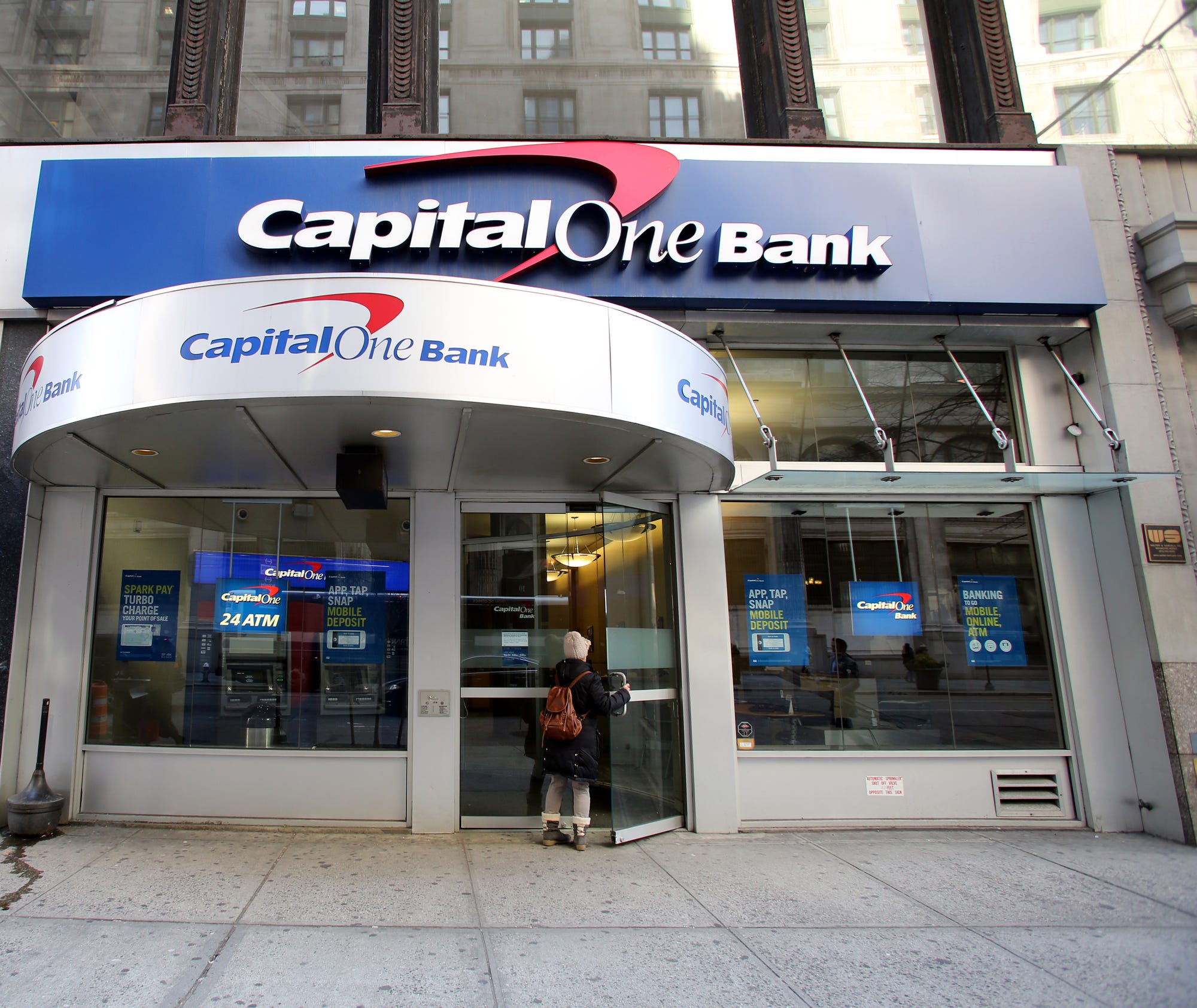
Capital One to become first large bank to eliminate overdraft fees
The long-standing practice has made banks millions of dollars, while often negatively affecting the most vulnerable consumers.
Large banks nationwide have made millions of dollars a year from overdraft and non-sufficient fund fees.
Capital One, the sixth-largest retail bank in the United States, announced its plans to eliminate the practice, while continuing to provide free overdraft protection for consumers.
“The bank account is a cornerstone of a person's financial life. It is how people receive their paycheck, pay their bills and manage their finances,” said Richard Fairbank, Capital One founder & CEO, in a press release.
“Overdraft protection is a valuable and convenient feature and can be an important safety net for families. We are excited to offer this service for free,” he continued.
Customers who paid fees will be automatically rolled over into a free overdraft protection service, while those who opt out of the service will have their overdrawn transactions declined at no fee.
A study from the Consumer Financial Protection Bureau (CFPB) showed that the banking industry brought in nearly $15.5 billion in overdraft fees in 2019, with JPMorgan Chase, Wells Fargo and Bank of America — the three largest banks in the nation — making up 44% of that revenue.
The following year, while federal regulators encouraged banks to waive overdraft fees amid the pandemic, the average penalty reached a record-high of $33.47. The average increased in 2021 to $33.58.
Capital One took in $131 million in service charges and other customer fees in the first nine months of 2021.
In addition, the move to eliminate such fees will cost the bank an estimated $150 million in lost revenue per year, according to a company spokesperson.
Despite the massive revenue loss, Fairbank felt the move was the right one.
He described the decision as “another step in our effort to bring ingenuity, simplicity and humanity to banking.”
RELATED CONTENT
Lauren Saunders, associate director of the National Consumer Law Center, praised the move as being beneficial to the most vulnerable consumers.
“It’s critical we keep working to make the banking system more inclusive and fair for all,” she said in a statement.
Ally Bank, an online-only bank, announced its plans to eliminate overdraft and related fees earlier this past summer.
Other big banks, such as PNC Bank and Bank of America introduced features that make it less likely for a customer to be charged with an overdraft fee, but stops short of eliminating the revenue source altogether.
Meanwhile, JPMorgan Chase announced today a new change to allow customers more leeway on overdrafts before charging fees.
Beginning next year, JPMorgan customers will be given a full day to restore overdrawn balances and allow them to tap funds from direct deposits of paychecks two days early.
According to analysts, about 1% of JPMorgan’s revenue comes from overdraft fees.
Following these announcements, it remains to be seen whether other big banks will follow suit in eliminating or reducing overdraft fees, providing some relief for those who are most affected.











LEAVE A COMMENT:
Join the discussion! Leave a comment.